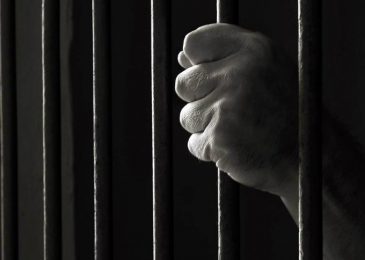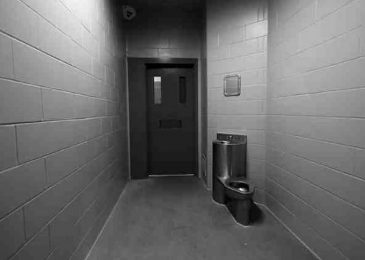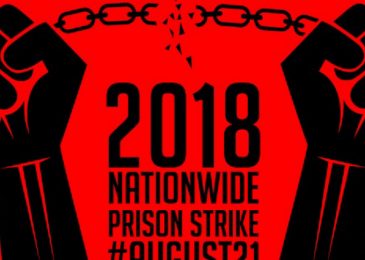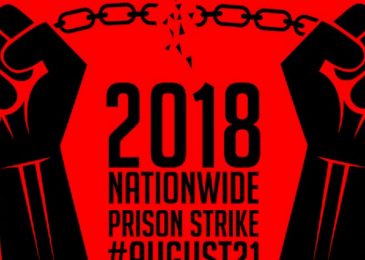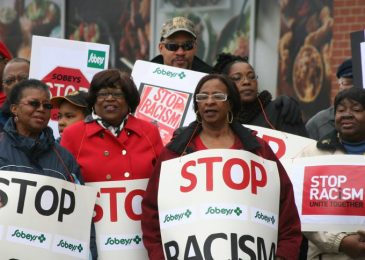Letter from Burnside prison in support of the OCDC hunger strikers
People imprisoned at the Ottawa-Carleton Detention Centre (OCDC) are conducting a hunger strike after the jail failed to honour the agreement that brought a previous hunger strike to an end on June 4. This is a letter in support of their efforts by the people engaged in the 2018 Burnside prison strike.


